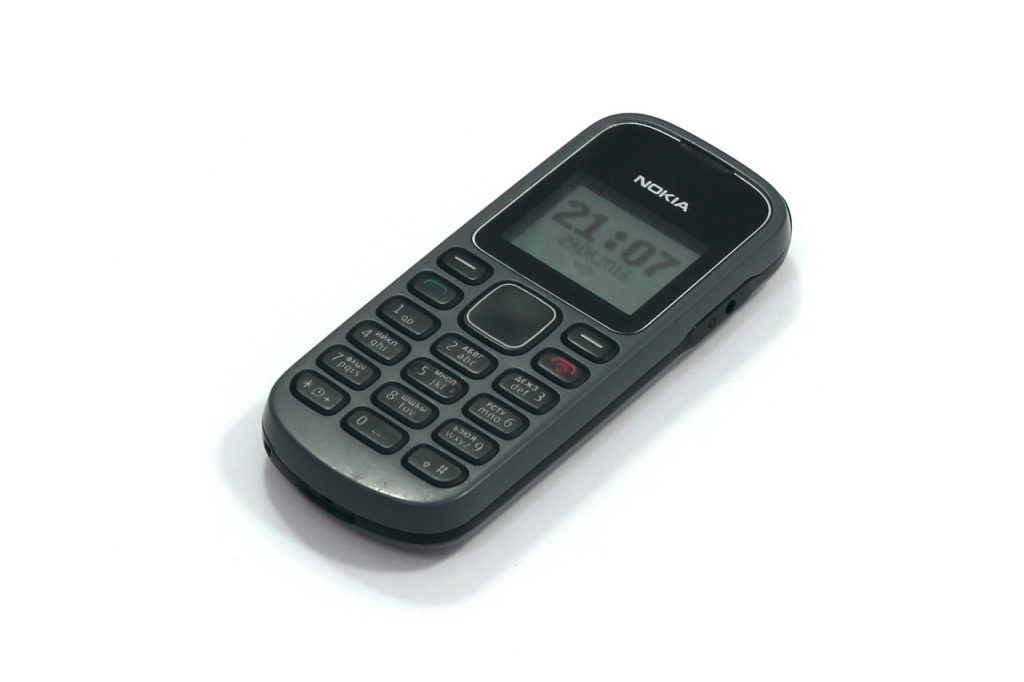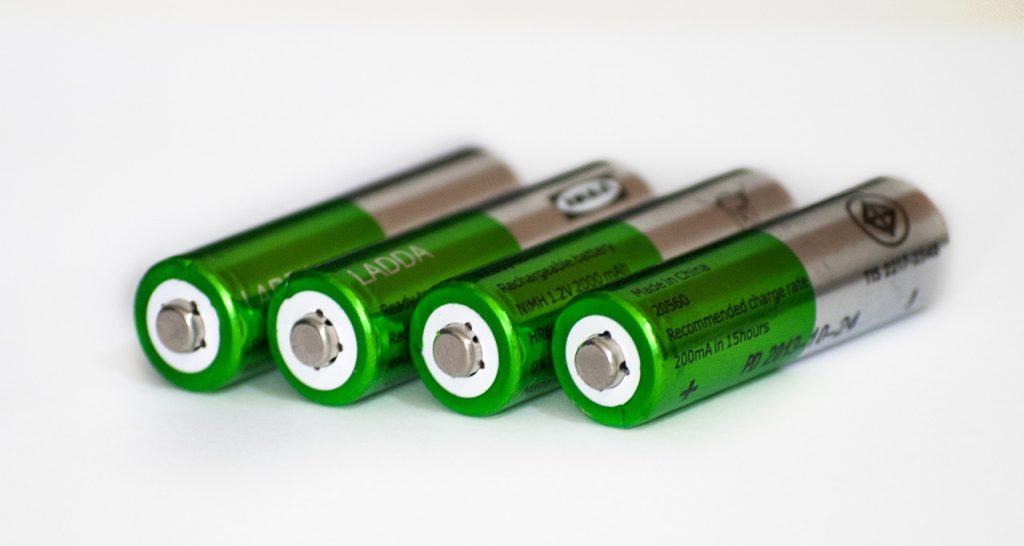- Remove the hard drive from the laptop to protect your personal data.
- Backup any necessary files and data from the hard drive.
- Reset the hard drive to its factory settings to permanently remove your files and data.
- Reach out to an EPA-certified electronics recycling center to recycle the laptop.
- Consider selling or trading in your laptop if it’s still in good condition.
- Ensure the recycling center you choose meets environmental standards.
- Consider recycling your laptop at home if you’re comfortable handling its components.
- Consider the environmental impact of your chosen recycling method.
How to Prepare Your Laptop for Electronics Recycling: Removing Your Hard Drive
Ever wondered how to recycle a laptop? While most people may simply throw away their old laptops, recycling them is a crucial practice to ensure environmental safety. This article will provide you with detailed guidance on how to recycle laptops. A hard fact you should know is that improperly recycled laptops release harmful substances into the environment, which is why the Environmental Protection Agency (EPA) encourages stringent recycling policies for electronics.
Before learning how to recycle your laptop, it’s imperative to know how to prepare your system for the process. Primarily, the laptop hard drive must be removed. Why remove the hard drive? It’s simply because the hard drive holds all of your information, data, and files. If it’s not removed and properly destroyed, this information can fall into the wrong hands during the recycling process. As such, it’s part of your responsibility to ensure that your data stays safe when you aim to get your laptop recycled.
To remove the hard drive, you’ll first have to unscrew the bottom panel of your laptop. Once you’ve done that, you should see several key components, among which the hard drive can be found. Take careful note of where it’s connected to the system and gently disconnect it to avoid harming any other parts.
After safely removing the hard drive, the next step is about handling the data stored. Considering the data stored could contain sensitive information, it’s best to backup the necessary files. You can backup data onto another system or use wireless earbuds and a hard drive enclosure to transfer data onto a new computer. After backing up your data, make sure you reset your hard drive to its factory settings to permanently remove your files and data. The reset can be done using in-built tools that come with your system.
Having prepared your laptop for recycling, the question remains: how do you get your laptop recycled? There are several EPA-certified electronics recycling centers that you can reach out to. They will handle the components of your laptop with care and ensure they are safely disassembled or repurposed. By doing your part in recycling your laptop, you not only ensure your data’s safety but also contribute towards responsible e-waste management.
So, next time you are wondering what to do with your old laptop, remember this process. Learn how to recycle laptops, not just for your safety, but also because it’s our shared responsibility to protect the environment. Let’s contribute to a green future one laptop at a time!
How to Choose the Right Recycling Deals for Your Electronic Gadgets
When you’re ready to discard your electronics, don’t just dump them. It’s time to think about how to recycle electronics, an indulgence in smart home practices. There are ways to responsibly recycle electronic devices, including laptops, phones, Apple gadgets, and more. Mindful electronics recycling can help reduce environmental pollution and maybe even allow you to pocket some extra cash. But the key is to choose the right recycling deals for your gadgets. Here’s a guide on how.
Before you embark on your recycle electronics mission, you might want to take a moment to search the web. Browse through several sites, click through the deals offered, and read user reviews. Make sure you find a reputable place to recycle your gadgets. Take your time; don’t rush the process.
When you’re ready to buy or sell, remember that conditions can vary. Some stores offer to buy your electronics outright, while others may propose trade deals. If you’re looking to upgrade, a trade might be a great option. You can trade-in your old devices, get a reasonable discount on a newer model, and witness the process of how your discarded electronics get recycled. That’s a win-win situation.
As for those who just want to rid their spaces of old electronics, stores that buy such items may seem appealing. But remember, not all deals are created equal. You should compare prices, see what others are offering before you sell off your items. Be aware of the time frames; some offers may require you to act quickly while others might give you ample time to decide.
Do you have an old car lying around? It’s easy to forget, but cars are also big electronic devices! Many places offer handsome cash for old cars or parts of them. So, consider this route if you’re looking to recycle any car parts.
Although Apple products have their own recycling programs, other phone brands may not. However, you can still recycle phones of any kind at general electronics recycling facilities. This is a good time to search online for recycling centers near you, click on their sites, and find out what they offer for discarded phones.
Lastly, remember to protect your personal information. As discussed in how to prepare your laptop for electronics recycling, you need to remove your hard drive before you recycle your laptop. Recycled electronics often undergo a series of processes, and you wouldn’t want your private data falling into the wrong hands.
Recycling electronic devices isn’t only about preserving the environment; it’s also about being smart, saving money, and even making money. So, next time before you toss your old laptop or phone, think of how it can be recycled and reused. And choose the right deals that work best for you!
A Guide to Recycle Electronics: Turning Your Old Laptop into Resources
Considering the speed of technology advancement, we all find ourselves on a regular basis faced with the need to upgrade our laptops. And every time, this task of recycling laptops almost always seems daunting. The process starts with making the decision whether the machine has run its course, or if it still has some life in it and donates becomes an option. That’s where organizations that provide recycling options come in handy.
Recycling of laptops, phones, and other electronics is a big step towards addressing our electronic waste problem. Sometimes, in our haste to get the shiniest new electronics, we forget about our old ones. Time and again, those same units that brought so much joy, and perhaps productive hours, find themselves in dumpsters instead of being recycled.
If you wish to see to it that your laptop gets a second chance or is at the very least, responsibly disposed of, the first thing you should do is reach out to an organization which specializes in recycling electronics. These organizations basically clean out sensitive parts of the laptops and phones. Afterward, they recycle or refurbish these gadgets with the aim of giving them a new lease on life.
For those who wish to personally ensure their data is fully wiped out, there’s a method to do. Remove the hard drive from the laptop to prevent your sensitive information from falling in the wrong hands. Once this is done, you may then proceed to donate or recycle as per your preference. Donating recycled laptops and phones offers a multitude of advantages, not least of which is having the ability to help out deserving organizations that can extend the useful life of your electronics.
However, one thing has to be made clear from the start. Not all places that advertise recycling really do meet the ideal standards it entails. Therefore, when choosing the right place to recycle your laptops and other electronics, be sure to vet them properly. Make the effort to investigate their recycling practices and ensure they meet environmental standards.
Recycling, while seemingly straightforward, requires the right facilities and equipment. You don’t want your laptop’s residue polluting our environment, after all. This process definitely takes some time, but it allows you to ensure that our earth remains a little bit safer for future generations. Don’t be part of the problem – be part of the solution. Proper recycling isn’t just beneficial for us now, but is critical for the survival of all life forms in the long run.
So the next time you’re ready to upgrade your laptop or phone, consider recycling it instead of tossing it aside. As the saying goes, one man’s trash is another man’s treasure. You never know, your old electronics might just end up as a much-needed device for someone less fortunate. Throughout this process, remember it’s always important to remove sensitive data and choose a reliable, responsible electronics recycler.
Choosing the Right Method for Electronics Recycling: From Home to Recycler
Electronics recycling is a smart process that helps you declutter your home and give your old devices new life. However, choosing the right method to recycle your laptop can be a bit of a challenge. Here’s a guide on how to make the right choice, from recycling electronics at home to taking it to a professional electronics recycler.
The first key factor to consider when choosing a method for electronics recycling is the state of your device. If your laptop is still functioning and equipped with up-to-date features like Wi-Fi, you may want to consider selling it or giving it to someone who can still use it. This not only gets the device out of your home but also prolongs its lifecycle before it ends up in a recycling system.
Conversely, if your laptop is totally worn out and beyond repair, recycling it in a more traditional way might prove to be the best route. Electronics recycling facilities specialize in repurposing the materials of old devices, turning an otherwise useless PC into a valuable resource.
Safety is another factor to consider when deciding how to recycle. If you’re going to recycle the laptop at home, for instance, you should know how to safely remove the hard drive, which can contain sensitive personal information. Various online resources can guide you through this process, helping you prep your old laptop for recycling properly. Also, certain tech companies offer recycling deals that include instructions and help for safe home recycling of electronic gadgets.
However, if you feel uncomfortable handling the components of your laptop, taking your device to a professional recycler would be recommended. They have the expertise to ensure the laptop is recycled safely and efficiently, protecting any recoverable materials from loss.
Lastly, consider the environmental impact of your chosen method. While recycling at home can be more convenient, it could be less eco-friendly if not done properly. Thus, make sure you examine the recycling process of your chosen method and how it affects our ecosystem. Many professional recyclers operate in an environmentally friendly manner, further promoting the value of recycling electronics in such facilities.
To sum up, the decision on how and where to recycle your laptop should be influenced by factors such as the device’s state, safety concerns, and environmental impacts. Whether you’re recycling from home or through a professional recycler, let’s all play our part in conserving our environment and managing electronic waste responsibly. After all, in this increasingly digital age, everyone’s got a device or two to recycle.
Exploring Ways to Recycle Apple Products Efficiently
When it’s time to retire your Apple device, you shouldn’t just toss it in the trash. Instead, consider a more suitable method: recycling. Electronics recycling is a critical aspect of preserving our environment and mitigating the escalating e-waste concerns. It’s worth noting that Apple products, like any other electronics, can become obsolete over time. This article explores effective ways to recycle these devices, thus turning your old Apple gadgets into valuable resources.
For Apple users, recycling has been made simpler and more accessible. For starters, you can take advantage of Apple’s recycling programs directly from the comfort of your home. The tech giant emphasizes responsible electronics recycling and offers trade-in and recycling options for various devices. And, residents of different countries can capitalize on this, making the process smoother and more time-efficient.
There is a wide variety of Apple products that can easily be recycled. The list spans from mobile devices, such as phones and their complementary phone plans, to more complex gadgets like laptops, which constitute a considerable percentage of electronic waste. Oftentimes, these dumped gadgets are still functional and can serve different purposes. In the event that you’ve stored important data in these devices, a time machine can help you back up all necessary files before they are recycled.
Surprisingly, recycling doesn’t necessarily mean getting rid of a device completely. Many Apple products have parts that could be re-used, further emphasizing the importance of recycling electronics. For instance, streaming devices, a category that includes Apple TV, are now in huge demand. Components from your old device could get a new life in these gadgets, potentially saving you from buying a new one.
Next, if you’re keen on exploring other ways to recycle, many electronics stores also participate in recycling programs. Some even hand out recycled products at a significantly reduced cost. Recycling these devices isn’t solely the responsibility of the residents; businesses should also participate in this noble practice. This dual approach will help optimize the entire process of recycling. Even if your business is small, taking part in electronics recycling offers a fantastic opportunity to reduce environmental impact.
In addition, the aesthetics of Apple products make them conducive for DIY projects. A MacBook Pro’s sturdy aluminum body, for example, could function as a sleek window frame or even a business card holder. Every device has a chance for a second life, you just need to let your imagination run wild!
As technology rushes forward, the pile of discarded gadgets grows. It’s a stretch to think that all electronic devices can be recycled efficiently and entirely, but every bit helps. Giving games, mobiles, or even your old time machine a second shot is a step in the right direction. So, before disposing of your device or rushing to the stores for a newer model, consider the alternatives. Recycling is not just something for others to do – it’s a responsibility we all share. It requires our collective effort to make it work and steer our world towards sustainable development.
Gain Lucrative Deals: Recycle an HDD or SSD and Save Big on A New Hard Drive
Recycling isn’t just about minimizing waste. It’s also a smart strategy to score rewarding deals. If you’ve got an obsolete HDD or SSD, you’ll find it’s time to recycle it to not only get rid of unnecessary clutter but also to gain financially. By executing a shrewd drive recycling deal, you can save big on your next hard drive purchase. This strategy forms an essential part of electronics recycling, particularly suitable for old laptops.
You may have heard about the concept of recycling electronics and pondered how to proceed. There’s no need to hesitate or get overwhelmed by the sheer number of apps promising efficient electronics recycling. By focusing on your outdated device, be it a laptop or an old hard drive, you could open up a trove of lucrative opportunities. Just be sure, before you recycle, you’ve adequately protected your data. Safeguarding your information should be a top priority before initiating any laptop recycling.
Aside from getting a lucrative deal on a new disk drive, you can also recycle other elements of your laptop for other gains. There’s a growing market for recycled electronic devices which provide resources for manufacturing other products. You can turn your old laptop into resources, contributing to a greener economy while profiting.
One of the electronic giants, Apple, has shown excellent initiative towards electronics recycling. From providing buy-back and trade-in options for their products to recycling of its own and competitor products, they’ve set a commendable example. So, it’s worth exploring ways to recycle Apple products efficiently.
Besides making financial sense, recycling electronics also bear substantial environmental benefits. It helps in recycling waste which otherwise can cause harm to nature and human health. The city of Washington has set remarkable examples of recycling waste in a systematic and effective way.
If you’re an ardent Apple fan and have a drawer full of older wireless earbuds, why not donate them for recycling? Donation is an excellent method to recycle electronics. By doing so, you’re giving your device a second chance at life and serving a noble cause at the same time. On the other hand, if Apple’s latest time machine device tempts you, why not recycle your old one to offset the cost of the new device?
To summarize, recycling old hard drives and laptops presents itself as a lucrative opportunity to save big. By selecting the right method, whether it be recycling from home or at a dedicated recycler, the benefits are enormous. Not only can one minimize electronic waste, one can also potentially gain some big savings on their next device or gadget buys. Hence, it’s high time we advocate and act towards electronics recycling for a sustainable tomorrow.




